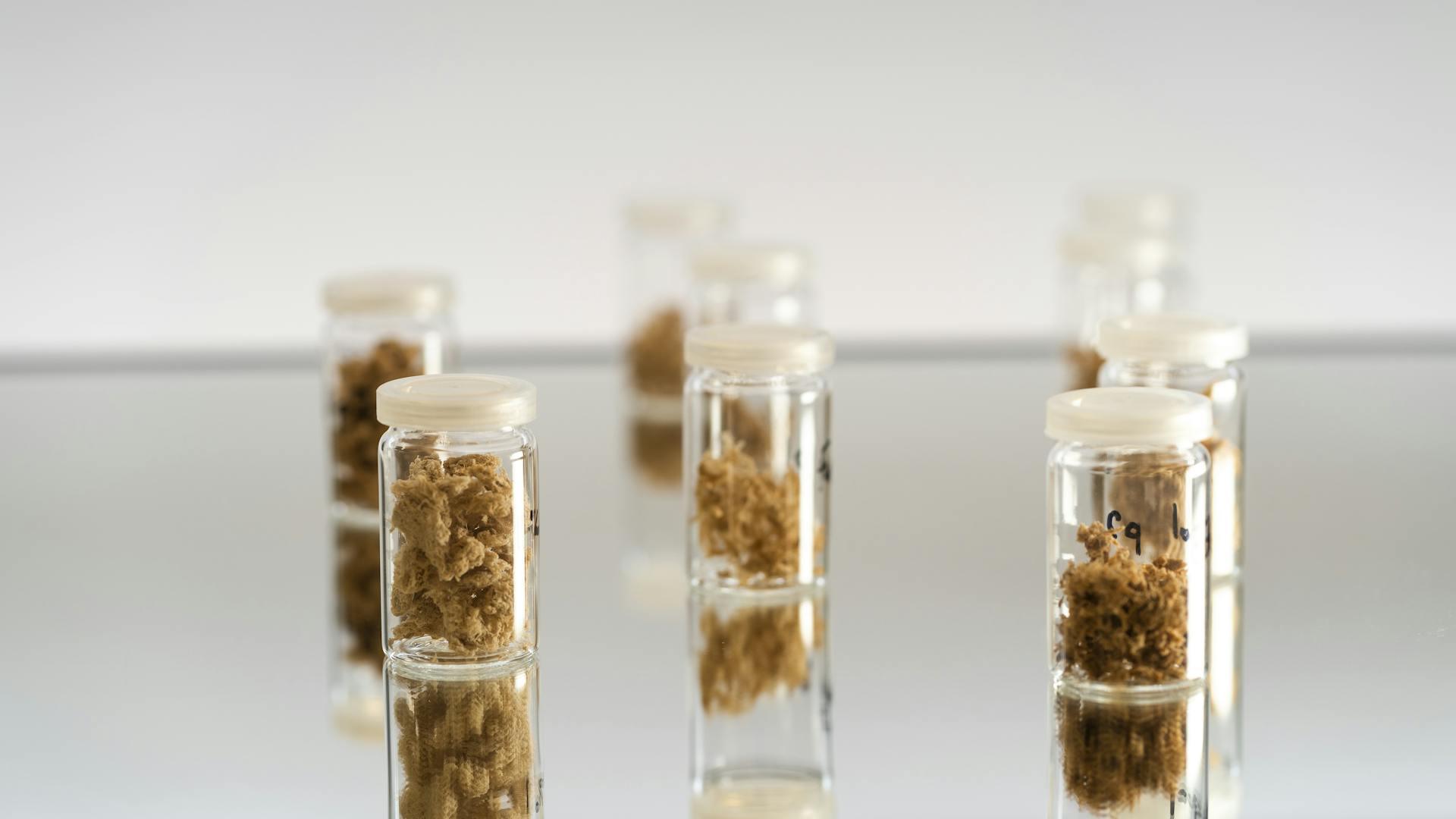
Biorefining
Using starting materials from our upstream Hypomar method, we enable total utilisation through biorefining.
Introducing AORTA
Alginor seeks to establish a 3rd generation biorefinery and utilise all available substances in the kelp species Laminaria hyperborea (or “stortare” as it is called in Norwegian). Instead of exploiting only a fraction of the biomass to produce alginates, we seek to produce a portfolio of 6 kelp-based product categories to 6 different market segments. The total marine resource is estimated to 100 million tonnes.
The greatest challenge in today’s industry is not related to the biomass and its conditions for sustainable regrowth, but how the biomass is preserved, treated, and processed post-harvest. Due to extensive use of formaldehyde after harvesting and during processing, the harvested biomass can only be utilised for its alginate content, and the remaining biomass of up to ~85% is discarded as waste.
AORTA is our downstream solution.
AORTA is Alginor’s biorefining technology platform, consisting of fractionation, extraction, and purification techniques in both parallel and consecutive production lines, resulting in the products in our portfolio. The starting materials are converted to 6 product categories ranging from low to high value, including alginates, fucoidans, and cellulose. Nothing is wasted.
Through extensive technology development over several years, and in later years verification and optimisation through piloting, Alginor has found that AORTA is not only feasible, but profitable, efficient, and environmentally friendly. While traditional manufacturing requires vast amounts of fresh water to wash out the formaldehyde, AORTA demands a lot less water which is even recyclable. With highly energy efficient processes, optimised process chemical consumptions and less handling activities, the result is a complete downstream utilisation of the raw material (compared to 15–20% from current industry manufacturing) – and biomass waste is reduced from 80–85% to none.
Achieving total downstream utilisation of the biomass is a core value in our business model and we believe we have the means and the technology to make it a reality. We place high value on all of the kelp’s inherent substances and we take pride in utilising the entirety of the biomass we bring to shore. We are committed to continue our efforts in exploring the biomass’ true potential. Our biomass is never exposed to formaldehyde at any stage of its life cycle. This is key for enabling a paradigm where no resources are wasted or underutilised.